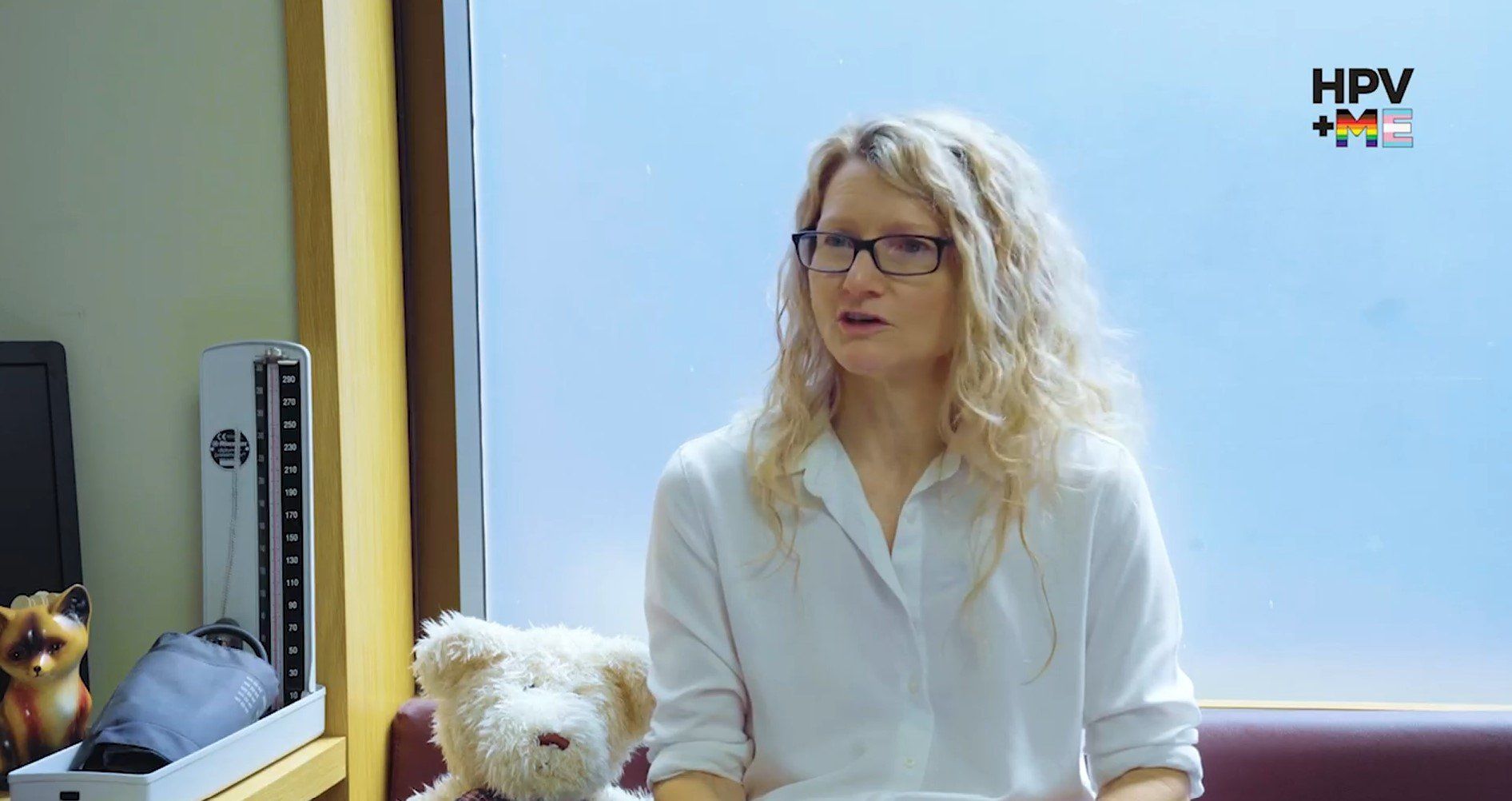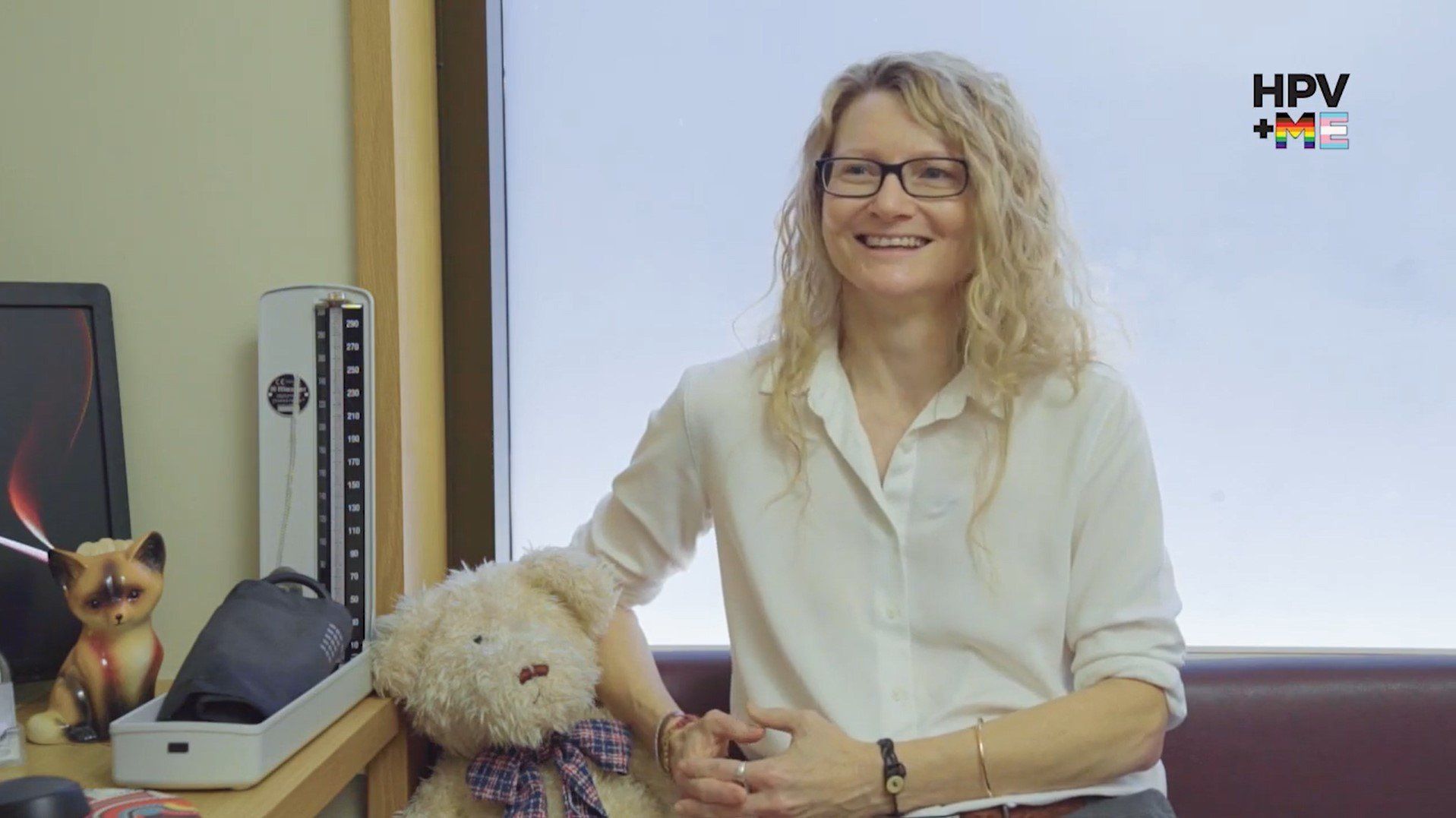Video Transcript
As a doctor, it's important to know if your patients are LGBTQI. If you don't know if your patient is gay or trans, then you can't offer holistic care to them. And you can't offer nuanced care either. And you don't, you won't understand their particular issues, fears, risks. So having that knowledge is really important. How do you get that knowledge? Well, if you're seeing new patients, then maybe you need to think about your intake form and what you allow people to identify on that.
Do you have a question that says what is your gender identity? What was your gender at birth? You know, what gender were you assigned at birth and how? What pronouns would you like people to use? Do you have a preferred name? All of those kind of questions are clues. And then you can actually have a question that says, do you identify as transgender? It’s that easy. If people don't want to answer it, they don't have to. But it's all useful information. Once you've got that information, then you can start to have a better relationship with your patient because you understand what their needs are. The problem is that people make assumptions. Doctors make assumptions about their patients, and often you know everyone’s busy. And if you come in and it's not something that's the actual reason why you've come in, it might not come up in conversation. It might get forgotten. If you're listed in the system as a man, then it might not come up as a reminder on in your chart that you're overdue for cervical screening. So I think it's really important that doctors have it clear in a patient's record that they understand what their gender identity is and what their organ inventory is so they know what sort of screening to offer them. We want our practices to be welcoming to everybody. And how do we do that? Well, one of the things I like to do is have posters and artwork and magazines that make people realise that this is a safe space.
Even if it's just something as simple as a sticker at the front counter, maybe a poster somewhere that's that says something about prep or HIV or trans stuff, anything, a rainbow! Little things like that make a huge difference. When someone is coming to the doctor for the first time, they're fearful. They don't know how they're going to get treated. If they walk in and see symbols like that, they're going to immediately feel more relaxed, less defensive, and be more comfortable, which is what you want.
And one of the other things that I think is a barrier is the fact, especially for transmasculine people, is the fact that the language we use around dealing with HPV abnormalities is very gendered. So if you have an abnormality, guess where you go - to a gynaecologist or a Women's Health clinic. Gynaecology outpatients. And you're going to be the one person with a beard sitting in the waiting room. So, you know, these are the experiences that transmasculine people have when they have to go through that process. And yeah, this is something that that we really need to work on changing to make it more inclusive of people of all genders. There are lots of ways to improve your knowledge about healthcare for the LGBTQI community. There's some great websites out there specifically for trans folk. The Trans Hub website that ACON have produced is amazing, and there's a whole section there for healthcare professionals that tells you everything you need to know about offering holistic healthcare to trans and gender diverse people. Ultimately, your patients are often the best teachers and if you don't know the answer to a question then they possibly do so don't forget that they are a great resource as well.





